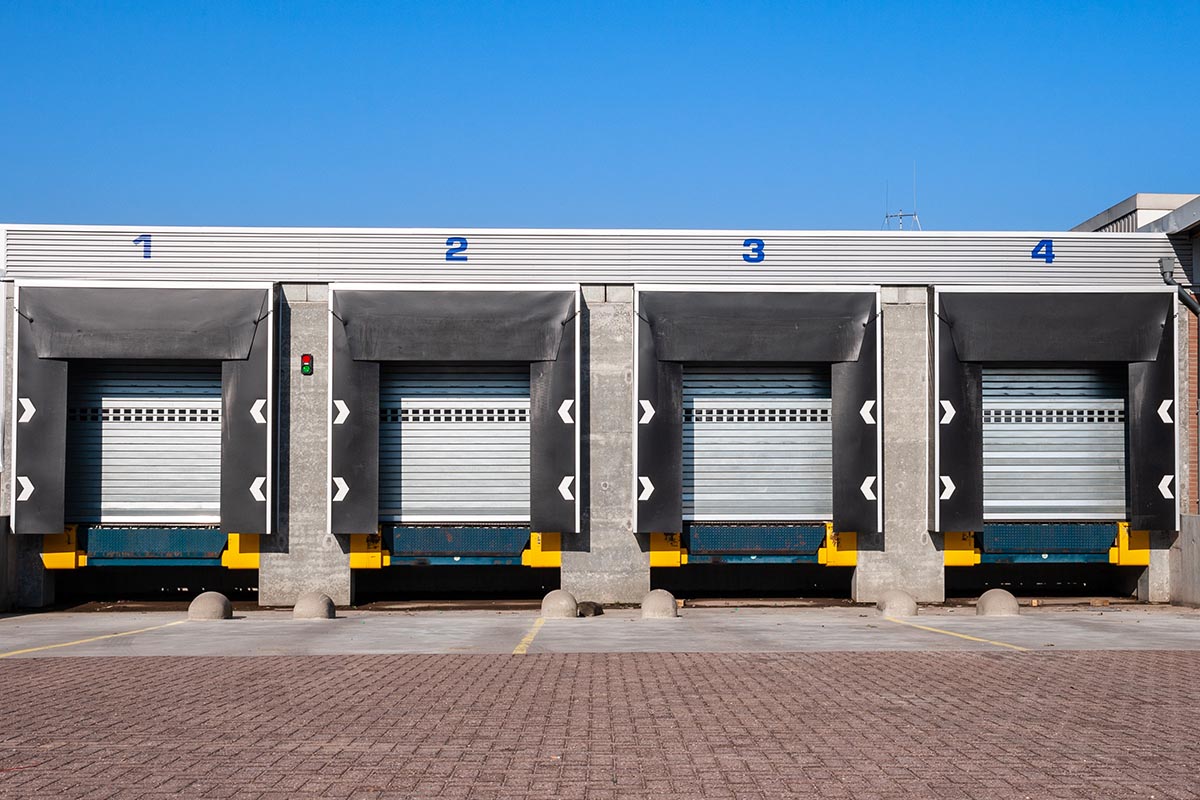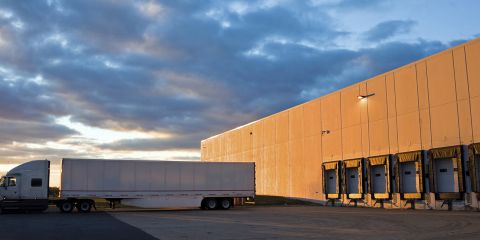
Cross-docking has become a vital service in the world of e-commerce. In this process, suppliers deliver the products directly to the customer or end store. Companies that are using cross-docking have experienced many benefits, some of these include:
- Reduced warehouse labor costs
- Faster delivery time
- Enhanced customer satisfaction
- Improved warehouse turnover
What Types of Cross-Docking Are There?
Cross-docking is a comprehensive process that involves many variations. Each type of cross-docking has its own benefits and uses.
Manufacturing Cross-Docking
Manufacturing cross-docking is when a branch of a manufacturing plant that processes the products is located close to the customer's end location. This would mean that there are lower shipping costs, and less time spent delivering the product to the customer.
Distributor Cross-Docking
Distributor Cross-Docking is when a supplier (such as a wholesaler) delivers the products to an end customer. This includes small retail chains as well as large chain stores.
Transportation Cross-Docking
Great for mix shipments from different carriers in less-than-truckload shipments. With transportation cross-docking, the retailer can still receive products from the manufacturer at a much lower cost and have faster delivery times than if they were transported on their own.
Retail Cross-Docking
Retail cross-docking is used by retailers to cut down on the costs of maintaining a warehouse and the labor costs that it incurs. This process involves sorting goods onto pallets that are placed for special delivery to retail stores.
Opportunistic Cross-Docking
Opportunistic cross-docking is the process of transfer goods directly from the receiving dock to the outbound dock. This is done to avoid any time spent waiting for the product to be transported from re-loading docks.
What Products Benefit From Cross-Docking?
- Immediate shipment requirements such as perishable items
- Products that are exempt from quality inspections
- Pre-ticketed and barcoded items that are ready for sale and
- Promotional items and items that are being launched in the near future
- Constantly in-demand or low-demand retail products
What Risks are Associated with Cross-Docking
In long term, risks are largely related to the loss of inventory control. This is because products aren't put away in the company's usual storage facilities. This can be negated by working with a professional cross-docking provider.
The CWLA is a community of like-minded warehousing & supporting companies. We can help you generate leads, stay informed with industry news, regulations, & upcoming events. The CWLA is open to all warehousing, trucking, co-packing, or fulfillment providers. Please contact us if you have any questions.
